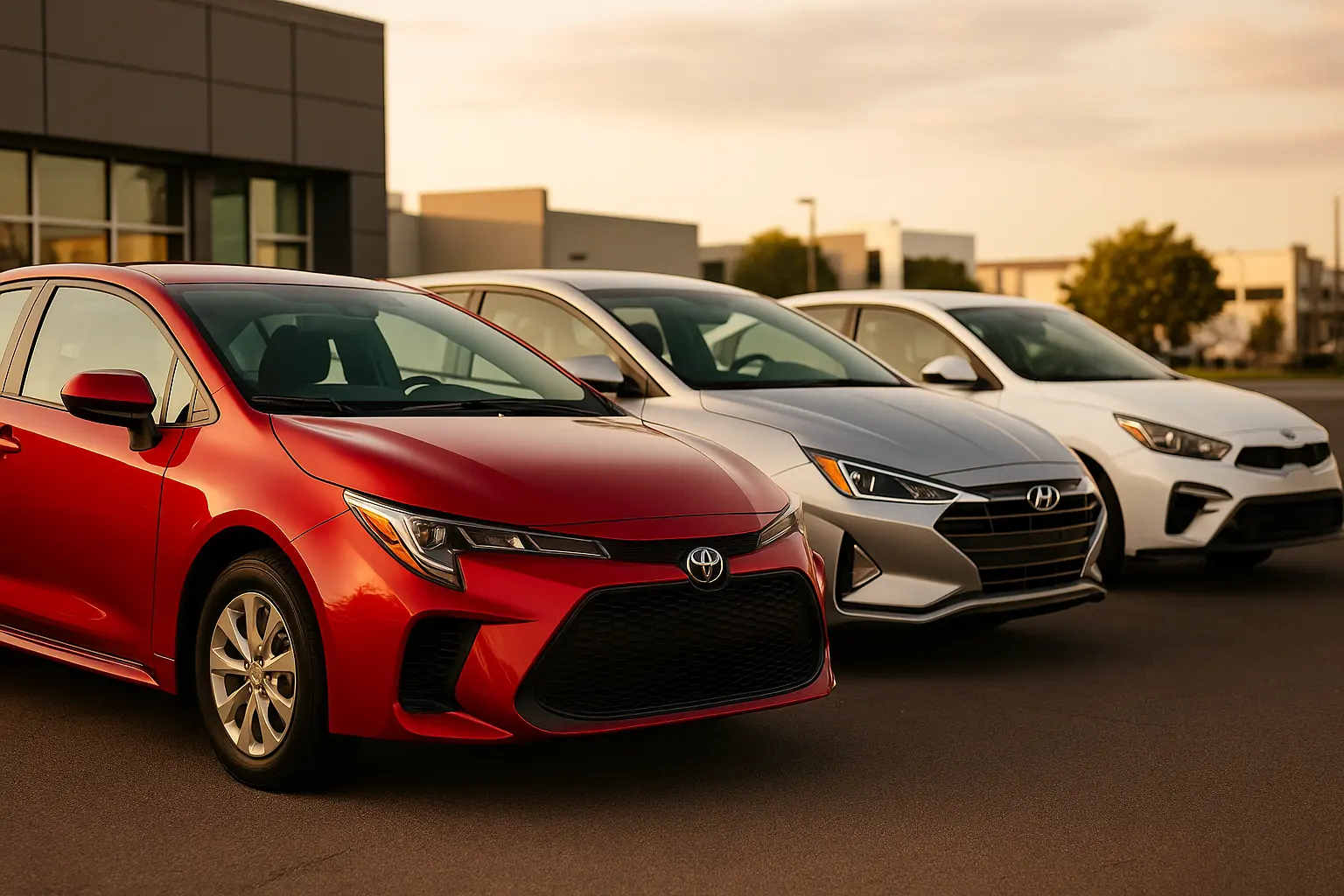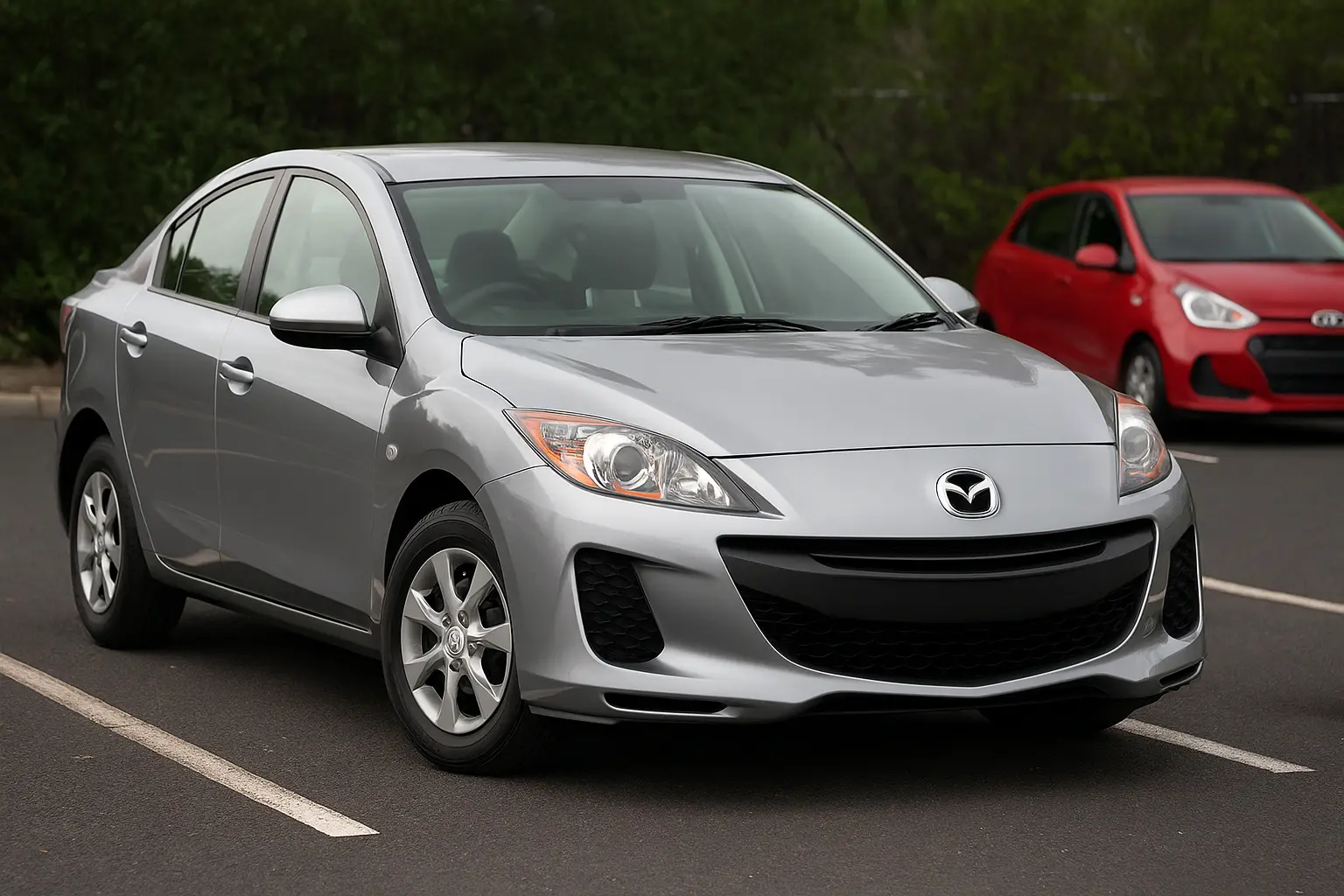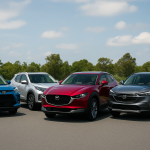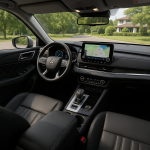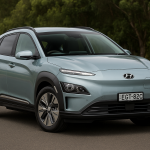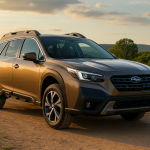Finding a car that doesn’t break the bank while still meeting Australian drivers’ expectations for safety, comfort, and practicality has never been more important. With rising living costs, fuel price fluctuations, and an ever-changing auto market, budget cars are becoming a go-to solution for families, first-time buyers, and those looking for a reliable second car. But in 2025, a budget car doesn’t have to mean “bare-bones.”
Today’s affordable vehicles come packed with modern features, improved safety ratings, fuel efficiency, and in some cases even hybrid or EV options. This guide explores the best budget-friendly cars in Australia, comparing hatchbacks, sedans, and compact SUVs that deliver true value for money.
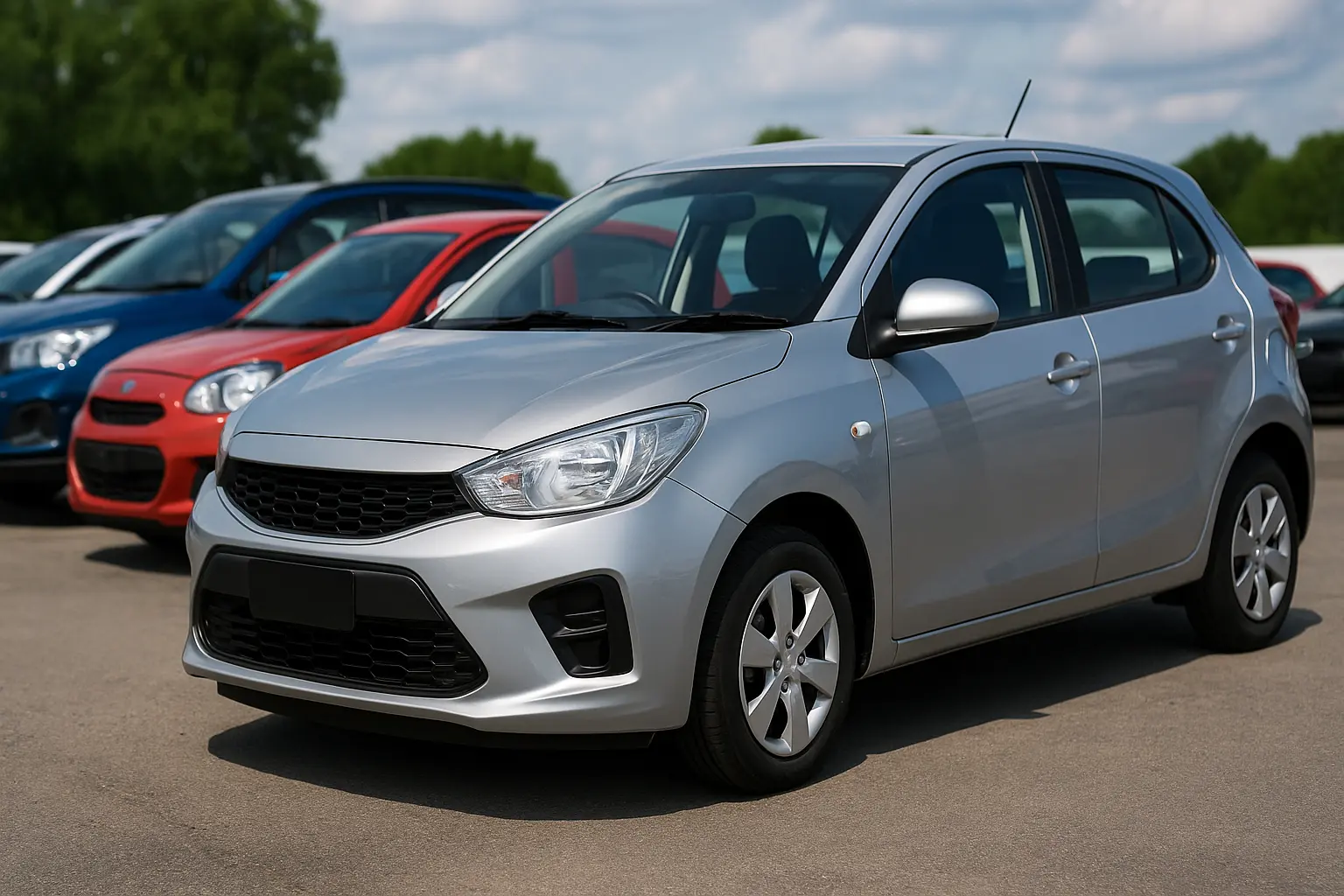
Why Budget Cars Are Gaining Popularity in Australia
The Australian automotive market has always leaned towards SUVs and utes, but budget cars are gaining momentum for a few reasons. Rising fuel prices, city congestion, and a growing number of younger buyers prioritising affordability have pushed hatchbacks and compact sedans into the spotlight.
Moreover, technology once reserved for premium cars—such as advanced driver assistance systems, digital infotainment, and improved safety features—is trickling down into budget segments. Australians are realising they can get solid reliability and modern features without overspending.
What Defines a “Budget Car”?
A budget-friendly car isn’t just about the lowest price tag. Buyers today look at total ownership cost, which includes purchase price, servicing, fuel efficiency, insurance premiums, and long-term reliability.
Key characteristics of budget cars in 2025 Australia include:
Price range: Typically under $30,000 drive-away.
Fuel efficiency: Low running costs through efficient petrol, hybrid, or even EV setups.
Low servicing costs: Many budget cars now come with capped-price servicing plans.
Resale value: A car that holds its value reduces long-term cost of ownership.
Safety features: ANCAP safety ratings, airbags, lane-assist, and automatic emergency braking.
Hatchbacks: Compact, Efficient, and Affordable
Hatchbacks remain the bread-and-butter of budget car buyers. They are cheap to run, easy to park, and surprisingly practical with folding rear seats. Some top contenders in 2025 include:
Toyota Yaris
The Yaris continues to impress with its legendary reliability and fuel efficiency. While it’s not the cheapest hatchback in its class, Toyota’s reputation for long-term ownership makes it a safe bet.
Engine: 1.5L petrol or hybrid option
Fuel economy: As low as 3.3L/100km (hybrid)
Strengths: Resale value, reliability, safety tech
Why it works for Aussies: Perfect for city dwellers who need a zippy, fuel-sipping car that lasts for years.
Kia Picanto
The Picanto has carved a niche as one of the most affordable new cars in Australia, often priced under $20k.
Engine: 1.2L petrol
Fuel economy: ~5.0L/100km
Strengths: Price, compact size, warranty (7 years)
Why it works for Aussies: Great for students and first-time buyers who want new-car peace of mind without spending much.
Hyundai i30
Slightly larger than the Yaris or Picanto, the i30 offers more space while remaining affordable.
Engine: 2.0L petrol or hybrid variant
Fuel economy: 6.8L/100km
Strengths: Spacious, tech-loaded, strong aftersales support
Why it works for Aussies: Ideal for small families needing more practicality without stepping into SUV territory.
Sedans: Roomy Yet Affordable
While sedans are losing market share to SUVs, they still hold a strong value proposition for budget-minded Aussies. They generally offer more boot space and comfort than hatchbacks, often at a similar price point.
Toyota Corolla Sedan
The Corolla has long been a safe bet. The sedan variant offers more boot space while retaining Toyota’s reliability.
Engine: 2.0L petrol or hybrid
Fuel economy: ~4.2L/100km (hybrid)
Strengths: Long-term reliability, resale value, hybrid efficiency
Why it works for Aussies: Great for commuters and small families who prioritise low running costs.
Mazda 3 Sedan
The Mazda 3 sedan blends style with efficiency. Its upscale interior makes it feel more premium than its price tag suggests.
Engine: 2.0L or 2.5L petrol
Fuel economy: 6.3L/100km
Strengths: Interior quality, driving dynamics, safety features
Why it works for Aussies: Perfect for buyers who want affordable luxury without stepping into premium brands.
MG5
MG’s entry-level sedan, the MG5, offers unbeatable value for money, with sharp pricing and generous equipment lists.
Engine: 1.5L petrol
Fuel economy: ~6.6L/100km
Strengths: Price, infotainment tech, modern styling
Why it works for Aussies: Appeals to buyers prioritising upfront affordability and modern looks.
Compact SUVs: Budget Cars with Extra Practicality
Australians love SUVs, and compact SUVs strike the right balance between practicality and affordability.
Kia Stonic
The Stonic blends hatchback agility with SUV styling. It’s affordable and backed by Kia’s 7-year warranty.
Engine: 1.4L petrol
Fuel economy: ~6.7L/100km
Strengths: Design, warranty, affordable servicing
Why it works for Aussies: Perfect for young families who want SUV styling on a budget.
MG ZS
MG has become one of Australia’s best-selling affordable SUV brands. The ZS offers a lot of car for the price.
Engine: 1.5L petrol or EV variant
Fuel economy: 7.1L/100km (petrol), 320km range (EV)
Strengths: Price, equipment levels, EV accessibility
Why it works for Aussies: Attractive for budget buyers wanting SUV space or to dip into EV ownership cheaply.
Hyundai Venue
The Venue is Hyundai’s smallest SUV but big on practicality and features.
Engine: 1.6L petrol
Fuel economy: ~7.0L/100km
Strengths: Space, infotainment tech, value for money
Why it works for Aussies: Great for urban families wanting versatility without the cost of bigger SUVs.
Budget EVs and Hybrids
Electric vehicles are usually associated with higher price tags, but budget-friendly EVs are entering Australia. Hybrid options also give buyers efficiency at a reasonable price.
BYD Dolphin: Among the cheapest EVs available, with ~340km range.
MG4 EV: Sharp styling, generous features, and value pricing make it a game-changer.
Toyota Corolla Hybrid: Affordable, fuel-sipping sedan for long-term cost savings.
These cars prove that budget-minded buyers don’t have to ignore the EV trend.
Hidden Costs to Consider When Buying a Budget Car
Even budget cars come with ownership costs beyond the sticker price. Buyers should keep in mind:
Insurance premiums: Smaller, lower-powered cars usually cost less to insure.
Servicing and parts availability: Brands like Toyota, Hyundai, and Kia have affordable and widespread servicing.
Fuel type: Diesel cars may be efficient but not always cost-effective for city drivers.
Depreciation: Some cheaper brands lose value faster than established names.
Best Budget Cars by Buyer Type
First-Time Buyers
Cars like the Kia Picanto or MG3 are perfect—affordable, small, and easy to drive.
Families
Compact SUVs such as the Hyundai Venue or Kia Stonic strike the balance between cost and practicality.
Daily Commuters
Hybrid sedans and hatchbacks like the Toyota Yaris Hybrid or Corolla Hybrid reduce long-term fuel costs.
Tech-Lovers on a Budget
MG4 EV or BYD Dolphin bring modern infotainment and electrification to lower price brackets.
Tips for Getting the Best Value
Always check for drive-away pricing deals, especially towards end of financial year.
Consider used cars that are 2–3 years old for maximum savings without missing modern tech.
Look at capped-price servicing offers—this ensures predictable ownership costs.
Don’t ignore warranty coverage—Kia’s 7-year unlimited km warranty is hard to beat.
Conclusion: The Future of Budget Cars in Australia
Budget cars are no longer about compromise. In 2025, Australian buyers can choose from hatchbacks, sedans, SUVs, hybrids, and even EVs—all while staying under budget. With manufacturers offering longer warranties, more tech, and improved safety, owning an affordable car has never felt more premium.
Whether you’re a student, a commuter, or a small family, Australia’s budget car market offers something tailored to your needs. By balancing price with features, running costs, and long-term value, you can drive away in a car that doesn’t just save money—it enriches your everyday journeys.
Leave a comment
Your email address will not be published. Required fields are marked *


